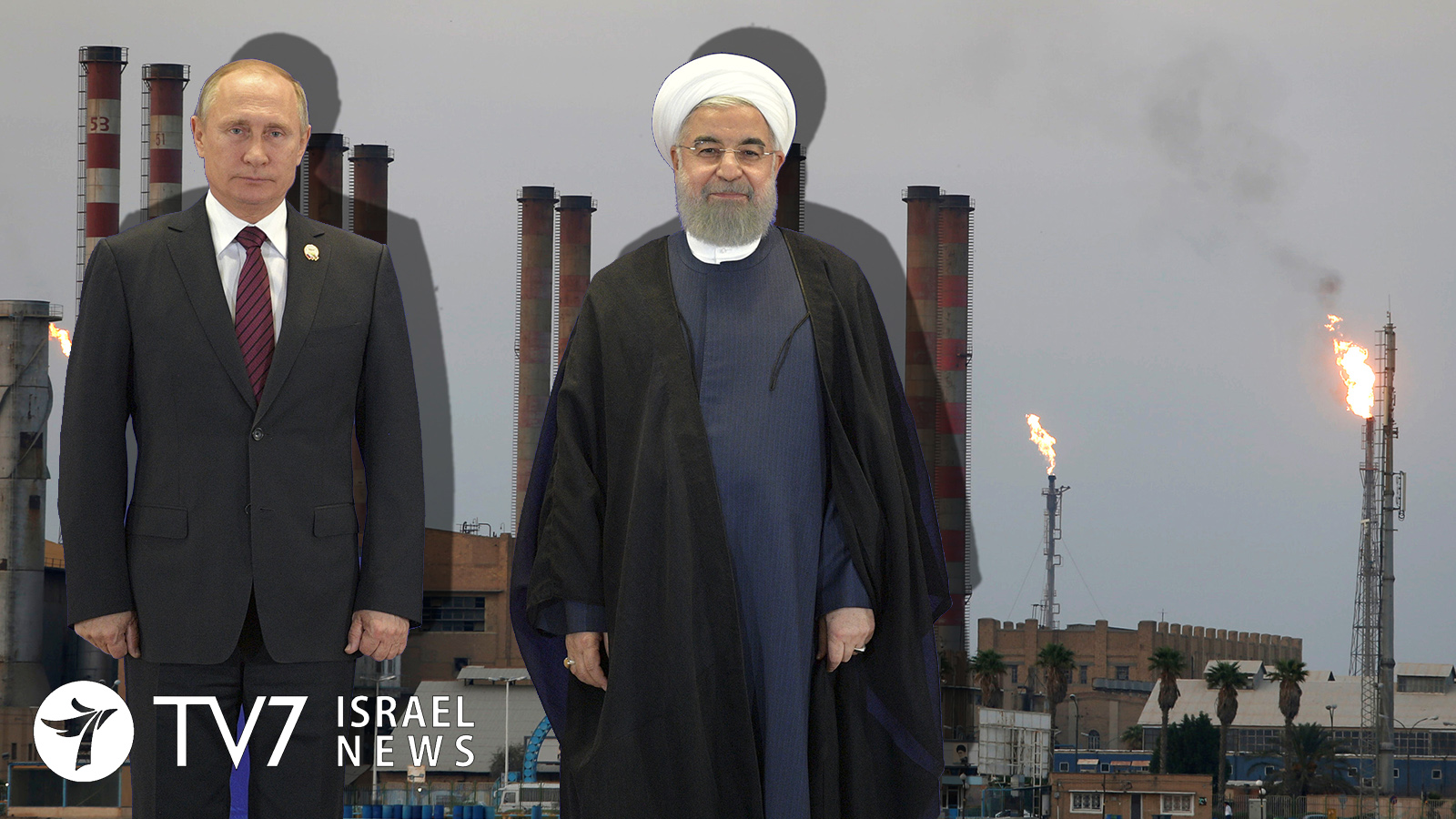The Atomic Energy Organization of Iran announced that it will continue to scale back the country’s commitments under the Joint Comprehensive Plan of Action nuclear agreement with world powers.’
In a written statement, the organization emphasized that “if other parties to the nuclear deal respect their obligations and implement them, the Islamic Republic of Iran, too, will return to the full implementation of the deal.” The directive continued, the “Atomic Energy Organization of Iran will press ahead with its broad scientific and strategic activities in order to secure new potentialities in different hardware and software domains within the framework of national regulations and commitments under the Nuclear Safeguards Agreement until the desired objective is achieved.”
The statement was issued shortly after Supreme Leader Ayatollah Ali Khamenei instructed the organization to continue reducing Tehran’s obligations under the 2015 accord until the “desired objective is achieved,” while failing to delineate what was meant by the phrase.
In an address to the Islamic Revolutionary Guards Corps, the Ayatollah also mentioned that he obstructed efforts by U.S. officials and its European allies to facilitate a meeting between Iranian President Hassan Rouhani and U.S. President Donald Trump. Saying that Trump Administration officials “wanted to pretend, they wanted to make up a symbolic state of Iran surrendering, and force the president of our country to meet,” Khamenei elaborated that “They even begged for it. They even made their European friends meddle. They all came and went and failed until the end.”
The proclamations from the Islamic Republic’s Supreme Leader come in apparent contradiction to statements made by Rouhani during a cabinet meeting, that “Iran does not run from negotiations. Iran is at the negotiation table.” Further insisting that efforts to salvage the JCPOA, Rouhani told the lranian lawmakers that “The road is not over. The pathway is not closed. Europeans are still trying. Others are still trying.”
Meanwhile, U.S. Secretary of State Mike Pompeo said that “European nations have begun to wake up to the fact that Iran is the aggressor.” During a joint press conference in Rome alongside his Italian counterpart Luigi Di Maio, the top American diplomat reiterated the importance of “staying united against Iranian aggression,” while commending Italy for renewing its ‘entry-ban’ on aircrafts belonging Iran’s Mahan Air carrier.
Russian President Vladimir Putin Has condemned last month’s attacks on Saudi oil facilities, yet deviated from the U.S., European and Saudi reactions by asserting there is no evidence of Iranian culpability. ’s responsibility. After specifying that the Kremlin denounced the strikes because they damaged the global economy and particularly consumers, Putin stressed “we are against shifting the blame to Iran because there is no proof of that.” He made the statements during an Energy Forum in Moscow, where he underscored the importance of ‘preserving agreements’ regarding the Islamic Republic’s disputed nuclear program, toward the normalization of international relations with Tehran to ultimately “ benefit the world’s energy security.”
Saudi Arabia’s Energy Minister Prince Abdul-aziz Bin Salman spoke at the same Moscow forum, where he declared Riyadh has demonstrated both resilience and restraint in the wake of the drone and missile strikes on its Aramco oil installations.
The attacks on the Abqaiq and the Khurais plants caused blazes and damage that halved the crude output of the world’s top oil exporter, by shutting down some 5.7 million barrels per day of production. The resulting spike of oil prices affected worldwide economies including Israel, where there was an 11 Agorot rise to 6.18 shequels per liter, equivalent to 1.59 Euros or $6.70 per gallon.
